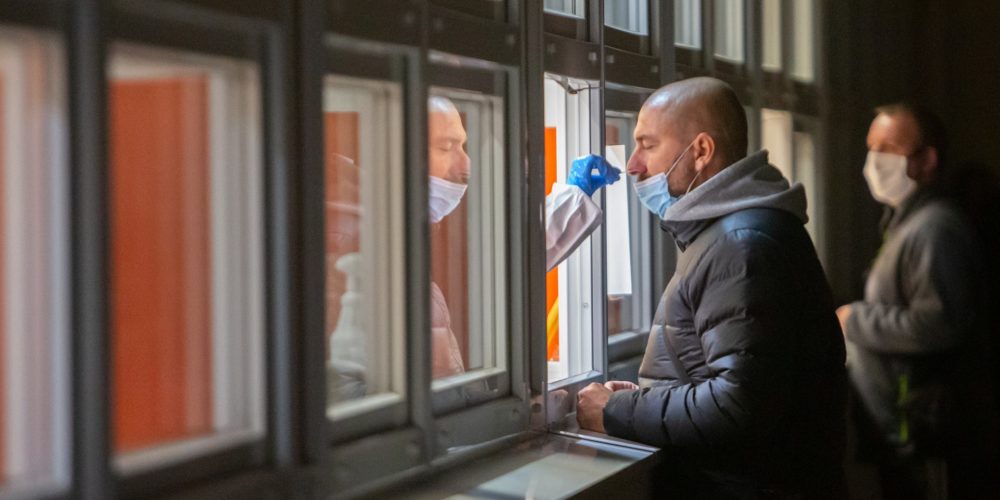
Can COVID-19 Antigen Tests Be False Positive?
A COVID-19 antigen test, also known as a rapid test, can be false positive. In fact, the rapid test false positive rate is one of the reasons many clinicians will follow up a rapid test with a PCR or molecular COVID-19 test. This confirms the rapid test result or reveals if the rapid test has been inaccurate in both positive and negative cases.
When can false positives happen with COVID-19 antigen tests? And what should be done to confirm the results or to stay safe? Here’s what you need and want to know about COVID-19 rapid test false positives.
Antigen Test False Positive Rate
Between false positives and false negatives, false-negative COVID-19 tests are far more common. A false negative COVID-19 test result means that you are told you don’t have the virus, but you actually do. A false positive COVID-19 test result, on the other hand, would mean you are told you have the virus, but in reality, you do not.
The antigen/rapid COVID test false positive rate was found to be less than 1% in March 2021. This means that in over 99% of cases where a rapid test is positive, the person actually does have COVID-19.
The antigen/rapid COVID test false-negative rate is much higher, between 25-30% of people in the first week of showing symptoms. Only around half of COVID-19 cases were detected by rapid tests in the second week.
That means that in a significant number of cases where a person gets a negative rapid test result, they are actually positive for COVID-19, especially if they have had the virus for longer than one week.
When can a COVID-19 Test Result in a False Positive or False Negative?
The timing of a patient’s COVID-19 test is just one factor that influences if a COVID-19 test gives an accurate or false result. Another cause of a false positive or false negative COVID-19 test is how common COVID-19 is in the surrounding community. As fewer people in the community have the disease, the number of false positives goes up. This is because it becomes statistically less likely that people in the area are getting sick. This is one reason the CDC recommends that rapid test results be confirmed with a PCR test, especially in rural areas where cases are low.
Another factor that drives an inaccurate COVID-19 test result is how the test is completed and managed in the laboratory setting. Especially with antigen/rapid tests, the FDA and CDC caution that the instructions must be followed to the letter for the test to provide accurate results. Risks could include not allowing the specimen enough processing time, or cross-contamination if multiple samples are being batch tested.
What Should Be Done if the COVID-19 Antigen Test Result is Positive?
Whether you conduct an at-home rapid COVID-19 test or get your results from a local care provider, it’s recommended by the CDC that you get a molecular COVID-19 test (PCR test) within 48 hours. While you are waiting to get the PCR test and get the PCR results, it’s important to quarantine, follow social distancing guidelines, wash your hands regularly, wear a mask, and follow other COVID-19 safety best practices to avoid infecting family, friends, and colleagues.
BioCollections Provides Fast-Turnaround PCR Testing
As global leaders in viral testing, BioCollections is proud to be among early innovators developing COVID-19 testing to serve our community. From our North American headquarters in Miami to locations and labs across the US, we provide molecular COVID-19 test results in as little as 12 hours. This gives patients the reliability of a PCR test without waiting several days for the results.Take control of your health with COVID-19 test results you can trust. Contact us today to see how you can get tested in one of our many locations
